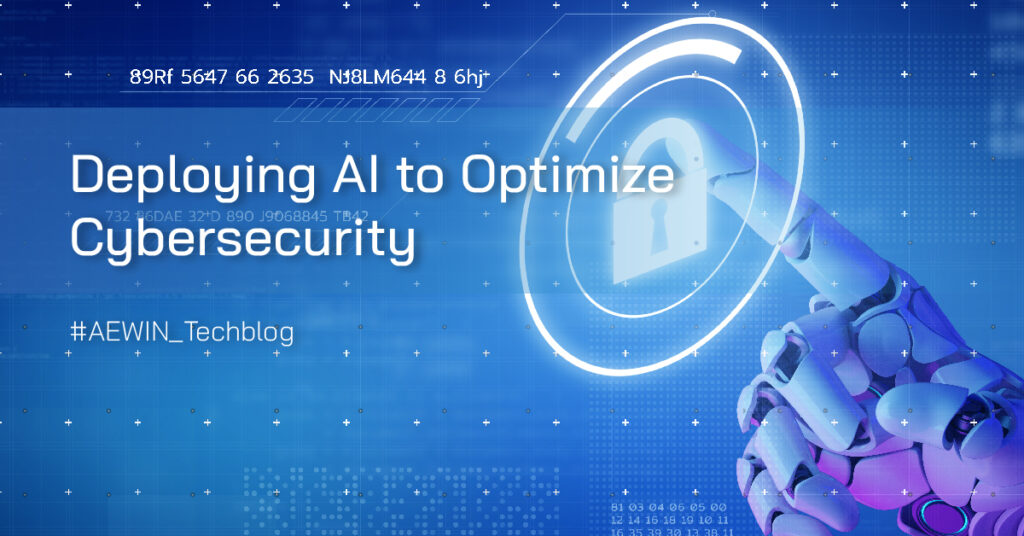
Background
As cyberattacks become more sophisticated, AI’s role in defense is expected to be more crucial. Due to fast-evolving cyber threats and data surge, traditional methods are hard to keep pace with them. The integration of AI and machine learning technologies enable advanced cybersecurity solutions with excellent efficiency and enhanced defensing power to deal with the dynamic environment.
Features that AI Brings into Cybersecurity
AI enhances cybersecurity by providing advanced threat detection, automating responses, predictive capability, and evolvable adaptability against cyber-attacks. Features are listed below to show why AI is indispensable to cybersecurity.
- Real-time Detection
Compared to traditional rule-based security systems, AI offers greater accuracy and efficiency. AI can scan vast numbers of devices for vulnerabilities and analyze the behaviors of user and system to establish a baseline, making it easier to identify unusual or malicious activities that traditional approaches might miss.
- Intelligent Analysis & Prediction
AI-driven analytics can process and analyze large datasets to identify trends, vulnerabilities, and potential risks. By analyzing historical data and user behavior, it is capable of predicting potential attacks and provide insights which allow organization to proactively take preventive measures before an attack occurs.
- Automated Response
AI-powered systems are capable of automating the detection and quickly response to security threats such as isolating infected devices and initiating remediation procedures which help to free up security professionals to focus on more complex tasks. Real-time reaction and better resource utilization can be achieved.
- Evolvable Adaptability
Training machine learning algorithms continuously can minimize false positives by refining their understanding of normal system behavior. Furthermore, learning from historical data and new data can also improve the accuracy of detecting evolving cyber threats.
Performant Platforms for AI-powered Cybersecurity Solutions
The Edge AI server is one of the key elements in AI-powered cybersecurity solutions. To accomplish real-time processing massive amount of data, rapid detection of cyber threats, and automatic reaction to minimize the risk, the features that are demanded to the edge AI servers are listed below.
- High Processing Power
AI algorithms require significant processing power, especially for tasks like real-time threat analysis and complex model training. High-core-count CPUs and potentially GPUs or accelerators are demanded for computing-intensive tasks.
- High Bandwidth and Memory/Storage Density
High bandwidth and memory capacity are necessary for high-speed data processing. Sufficient storage to house training data, historical security logs, and potentially threat intelligence information are also highly required.
- Scalability
The requirements of the system of cybersecurity increases with the fast-evolving cyber threats. Server with options that allow users to easily scale up according to the demands provides convenience and flexibility for adapting dynamic environments.
- Security
Security features such as encryption and decryption that help to protect the sensitive data it stores and processes are essential to cybersecurity. The reliability of the hardware itself is also important to maintain the system with reduced OPEX.
In addition to high performance edge computing servers, ultra-compact devices are suitable for real-time inference at the edge. From edge to cloud, computing systems with high performance per watt and optimized resource efficiency apply AI to optimize the efficiency and accuracy of cybersecurity.
Summary
With AI, cybersecurity has been revolutionized. AI-powered cybersecurity solutions provide effective and adaptive defenses against increasingly sophisticated cyber threats to minimize security risk with low OPEX.